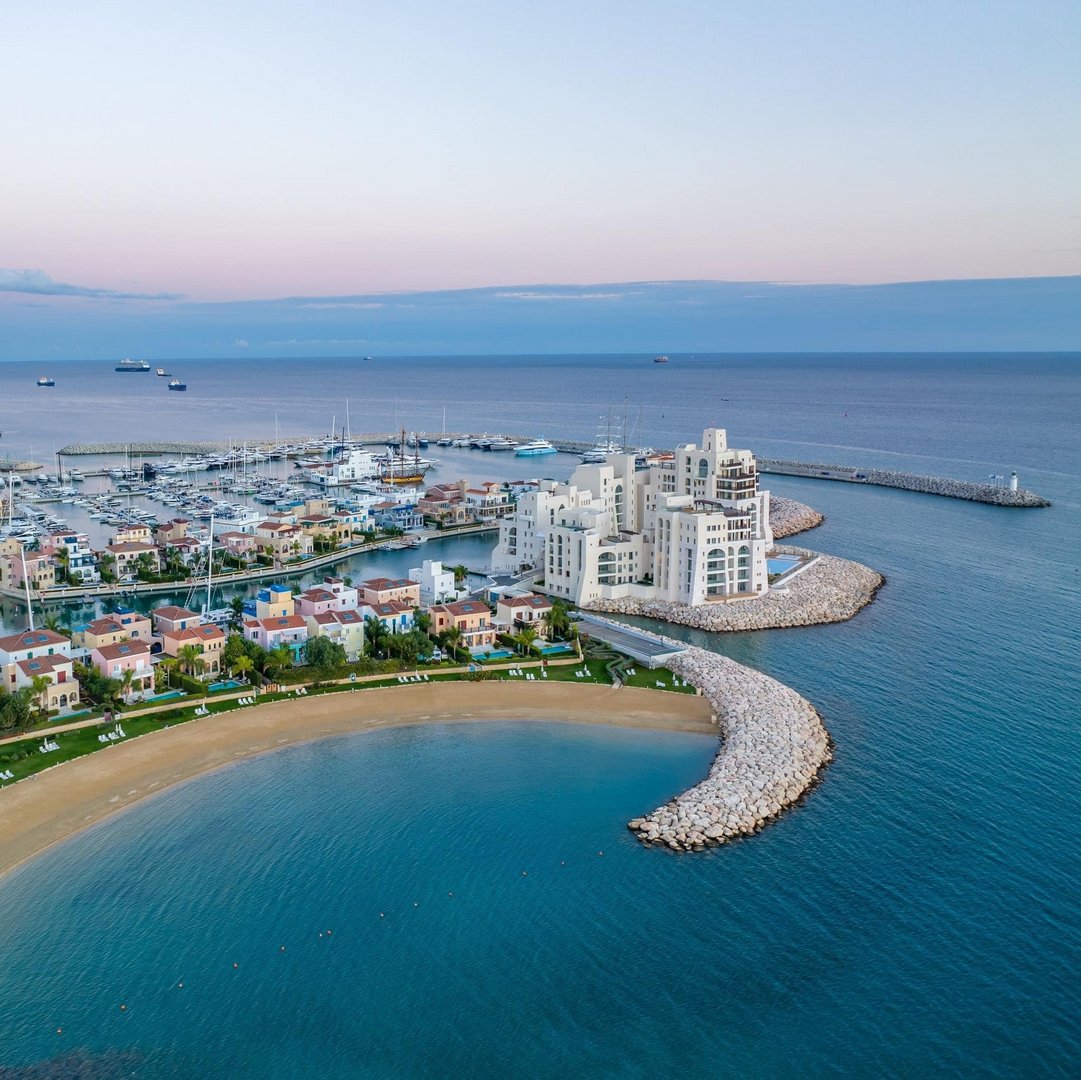According to the latest Limassol news, the Municipality of Limassol is undergoing a reorganisation, having received certification from the European Commission for its strategy and transition plan towards climate neutrality by 2030—the “EU Mission Label”. The city has now entered the implementation phase of the European Mission’s provisions for the 100 Climate-Neutral and Smart Cities of the EU.
As Ms Penelope Vasquez Hadjilyra, Lead Coordinator of the EU MISSION CITIES 2030 program, stated in “Entrepreneurial Limassol,” Limassol’s transition to climate neutrality requires investments totalling €1.3 billion from all stakeholders. The plan includes 30 significant actions, comprising 300 projects and activities in total. To ensure their implementation, the Municipality has created an internal coordination mechanism. Specifically, as part of the LC3 – Lemesos City Cooling Challenge program, in which the Municipality collaborates with the Cyprus Institute, Cyprus University of Technology, Friends of the Earth, and ETEK, the Transition Office for Climate Neutrality has been established within the Technical Department.
This project aims to reduce the need for cooling, decrease energy consumption, and lower carbon emissions through innovative interventions in public and private spaces. As Ms. Vasquez mentioned, four positions have been announced for the Transition Office. So far, an architect has been hired, and an environmental scientist has joined the team. Meanwhile, the Municipality’s staff will undergo comprehensive training to integrate the climate neutrality philosophy into all its services. The Office will play a coordinating role, acting as a communication channel between the Municipality’s departments and overseeing projects and opportunities aligned with the city’s Climate Contract.a
The Mayor of Limassol, Mr. Yiannis Armeftis, has established the Ad Hoc Committee for Climate Neutrality, consisting of himself, three Municipal Councilors, and external partners. Its objective is the strategic determination of actions to be implemented. The committee also includes Anastasia Korai from Friends of the Earth, Professor Byron Ioannou from Frederick University, and architects Sevina Floridou and Alexis Papadopoulos.
Additionally, the “Koinon of Limassol” has been established—a participatory governance institution where participants are trained in democratic dialogue by the Local Authority. The “Koinon” consists of citizens, representatives of private and public entities, and municipal staff. The decisions made by this body are submitted for approval to the Municipal Council. Starting in February 2025, the “Koinon” will meet twice a month. Its first proposal concerns the adoption of public parks by neighbourhoods so that residents, with the Municipality’s support, can maintain and utilise them.
During the drafting of the Climate Contract, the need to create a parallel company under the supervision of the Academy, private entities, and the State was identified to facilitate the implementation of significant projects with simplified procedures. However, following the Local Government Reform, it was decided to reassess its establishment.
Ms. Vasquez clarified that the €1.3 billion figure does not include the Mesa Geitonia area, which was recently incorporated into the Limassol Municipality. At the same time, citizen investments in energy upgrades are also considered. The Municipality will undertake 9% of the projects, while the Government and private initiatives will implement the remaining ones. Based on the investment plan, the Municipality can secure low-interest loans, participate in European programs, or seek government funding.
One of the programs in which the Municipality participates is metaCCAZE, launched on January 1, 2024, with a total budget of €1,099,912.50 over four years. Within the program’s framework, the following initiatives are planned: the creation of two mobility hubs in the outdoor areas of Tsirio Stadium and a plot leased from EVKAF by the Municipality of Limassol, currently in the design stage; the provision of an on-demand service for transporting middle and high school students to extracurricular activities via mini-buses or other means. The relevant platform, developed by MaaSLab, will use artificial intelligence for optimal routing.
As Ms. Penelope Vasquez mentioned, studies have shown that Limassol literally comes to a standstill at specific hours in the afternoon because parents drive their children to private lessons. Another initiative involves creating a school platform to facilitate student carpooling and reduce private vehicle use. Additionally, the fleet of EMEL Limassol Buses and NEXTBIKE will be upgraded with intelligent systems, and new innovative bicycles will be introduced in Limassol.

